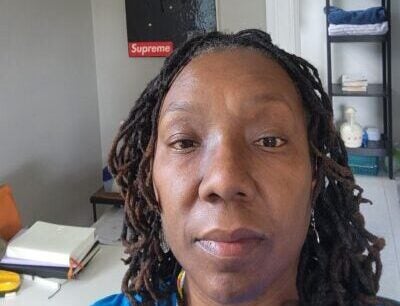This book argues that modern Black identities, far from being exclusively about “race,” have a foundation that relies on cultural and spiritual ancestry as the hidden source for the internal power that fuels the dynamic cultural expression of African diaspora populations. The term “afroindigenization,” coined by Catherine John-Camara, describes how internal power is harnessed by the descendants of enslaved Africans and utilized to ensure psycho-spiritual survival. In this study, the term “indigeneity” refers to an inherited yet displaced and submerged African pan-indigenous mode of being which is the collective underside to the diasporic drum. These repressed yet functional forms of indigenous knowledge manifest in a myriad of culturally expressive ways. Afroindigenization, therefore, describes how the internalization of power becomes enacted as cultural practice. The sign and substance of this indigenous power and ability is not the nation state, nor is it the labor on behalf of the state for which the Black subject has been exploited. It is instead the cultural creativity that emerges from the collective, generated from these internal spiritual resources. Additionally, another characteristic of this afroindigenizing practice is marasa consciousness – the ability to hold sameness and difference in productive tension – a term coined by Vèvè Clark. Drawing on mermaid tales in rural Jamaica, embodied Hip Hop expressionism, contrasting notions of the feminine in Africa and the diaspora, as well as the life stories of two urban debaters, this book demonstrates the timely and useful nature of the afroindigenization concept.

